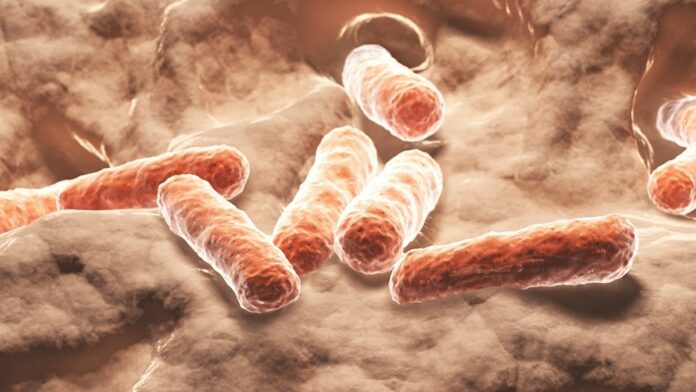Researchers have identified a potential natural pathway to regulate blood sugar and reduce sugar cravings, mirroring the effects of drugs like Ozempic. The key lies in specific gut microbes and the metabolites they produce during digestion.
The Gut-Blood Sugar Connection
Studies in mice and humans suggest that increasing the abundance of certain gut bacteria can stimulate the release of glucagon-like peptide-1 (GLP-1), a hormone crucial for blood sugar control and feelings of fullness. Drugs like semaglutide (Ozempic) mimic this natural process, but scientists are now exploring ways to enhance the body’s own GLP-1 production.
How It Works: The Role of Bacteroides vulgatus
The research, led by a team at Jiangnan University in China, focused on Bacteroides vulgatus and its metabolites. Experiments showed that mice lacking a gut protein called Ffar4 experienced a decline in B. vulgatus colonies, leading to reduced release of the hormone FGF21, which is linked to sugar cravings.
Human Studies Confirm the Link
Blood analysis of 60 individuals with type 2 diabetes and 24 healthy controls revealed that mutations in Ffar4, reducing FGF21 production, were associated with increased sugar preference. This suggests that the gut microbiome may play a key role in regulating dietary cravings and potentially contributing to the development of diabetes.
Metabolite Boosts GLP-1
Treating mice with a metabolite of B. vulgatus significantly boosted GLP-1 secretion, which then triggered FGF21 release. This resulted in improved blood sugar control and reduced sugar cravings in the animal models. The study, published in Nature Microbiology, suggests a potential strategy for diabetes prevention.
The Bigger Picture
The findings highlight the complex interplay between gut microbes, hormones, and dietary preferences. While further research is needed to confirm these effects in humans, the study suggests that manipulating the gut microbiome could offer a drug-free approach to managing blood sugar and curbing sugar cravings.
The research reinforces the growing understanding that gut health is deeply intertwined with metabolic health. By targeting specific gut bacteria, scientists may unlock new avenues for preventing and treating type 2 diabetes and other metabolic disorders
























